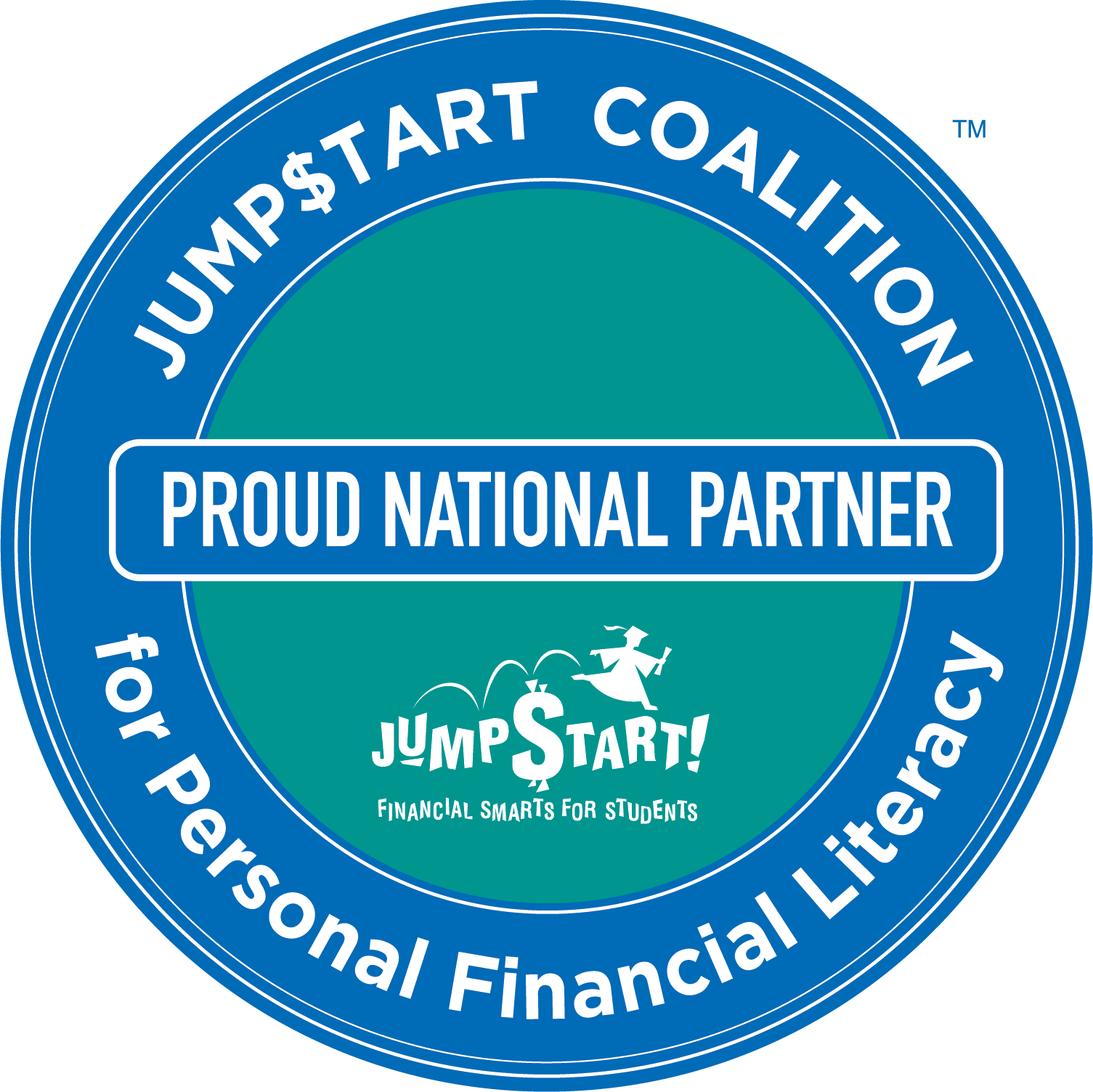When teaching students about personal finance or financial literacy, you’re not only teaching what to do, but also what not to do. Or at least what to try and avoid, and how to protect yourself as a consumer.
We’re all consumers—especially in an economic sense. We consume things all day every day, be it food, water, energy, media, and so on. We produce, and we consume, and that’s what keeps the world spinning. Again, in an economic sense.
Given that we’re all consumers, too, it’s important to recognize that consumers have certain protections and rights through a variety of rules, laws, and regulations at the federal and local levels. Consumer protection laws exist for a pretty straightforward reason: To protect consumers from bad actors in the business world, who may be trying to take advantage of them, or otherwise gain some sort of market advantage over their competitors.
While it’s probably not reasonable to teach, and therefore expect your students to walk into a nearby retailer with an encyclopedic knowledge of consumer protection laws, they should know what their basic rights are, where to go for help, and what it looks like when a business is breaking consumer protection laws.
It all comes down, however, to teaching students to be smart consumers—developing a sense of right and wrong, a sense of security, and being skeptical enough to know when they’re being tricked or deceived by advertising or marketing campaigns.
Teaching students to be smart consumers
The Consumer Financial Protection Bureau (CFPB) has some exercises related to this very topic, and it recommends exploring some key vocabulary as a part of any lesson. That includes developing an understanding of the following terms:
- Consumer: A person who buys or receives goods or services for personal needs or use and not for resale.
- Fraud: An illegal act that occurs when people try to trick you out of your personal information and your money.
- Identity theft: Using your personal information — such as your name, Social Security number, or credit card number — without your permission.
- Protect: To make sure that somebody or something isn’t harmed, injured, damaged, or lost.
- Scam: A dishonest trick used to cheat somebody out of something. important, like money. Scams can happen in person, through social media, or by phone, email, postal mail, or text.
These days, kids are likely a bit savvier than they were during the pre-internet era, and as such, likely have a working understanding of these terms and phrases already. And while we’ve been discussing consumer protection rules in a broad sense, these terms can be used to describe a number of scenarios that students may find themselves in at one point or another.
With that in mind, there’s no surefire way or single method to teach students to be smart consumers. In the end, it’s going to come down to the specific scenario they find themselves in, and whether they’ve grown accustomed to knowing what to watch out for. While it’s unlikely they’re going to be taken for a ride by a cashier at Target, they may find a transaction a bit trickier to navigate when dealing with a salesperson at, say, a car dealership.
The key is to develop a broad sense of what they should expect or not expect when buying goods or services. If something seems…off…it probably is. It’ll take practice, too, but going through some basics of consumer protections can be a meaningful investment for many students.
Check out the Money Vehicle textbook — you can find it here on Amazon. And if you like what you see, you can get more content sent directly to your inbox! Sign up for the Money Vehicle Movement Newsletter!
And check out our white paper: “Strategies for Increasing Financial Literacy Rates Among High School and College Students”
More from Money Vehicle:









